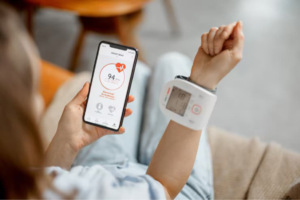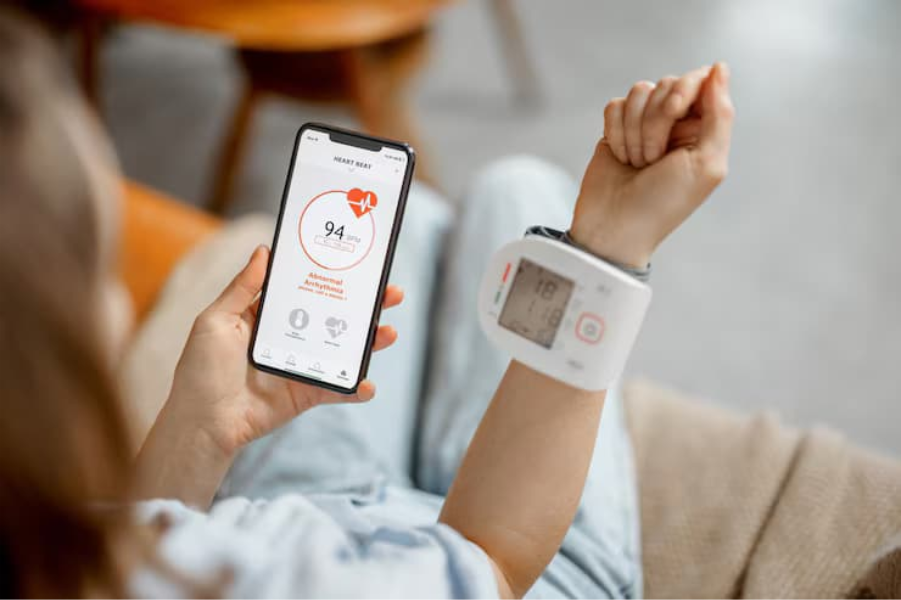As we celebrate International Clinical Trials Day in 2023, it is crucial to reflect on the significance of these trials in driving medical innovation, ensuring patient safety and shaping the future of healthcare. Delve Health is proud to be a part of the clinical research community and believe these are key reasons why clinical trials are more important than ever before.
1) Advancing Medical Knowledge:
Clinical trials serve as the cornerstone for medical research, expanding our understanding of diseases, treatments and preventative measures. Though rigorous experimentation and observation, these trials generate invaluable data that drive evidence-based medicine. They contribute to the development of new drugs, therapies and medical devices—leading to improved patient care and management of various conditions.
2) Enhancing Patient Outcomes:
Clinical trials offer patients the opportunity to access novel treatments and interventions that may not yet be available to the general public. By participating in trials, patients can contribute to medical progress and potentially experience better health outcomes. Moreover, clinical trials often provide participants with specialized care, regular monitoring and access to leading medical experts—enhancing the overall quality of their healthcare experience.
3) Ensuring Patient Safety:
Patient safety is of paramount importance in clinical trials. Rigorous ethical and regulatory frameworks are in place to protect participants and minimize potential risks. Clinical trials undergo meticulous review by institutional review boards (IRBs) and regulatory authorities to ensure that protocols are scientifically sound and prioritize patient well-being. This commitment to safety fosters trust between patients, researchers and the healthcare system as a whole.
4) Personalized Medicine and Precision Therapies:
Clinical trials are instrumental in the development of personalized medicine and precision therapies. By studying specific patient populations and tailoring treatments to individual characteristics, researchers can optimize the effectiveness of interventions while minimizing adverse effects. The approach holds immense potential for targeted treatments in areas such as oncology, rare diseases and genetic disorders—revolutionizing how we approach healthcare.
5) Addressing Health Disparities:
Clinical trials have the power to address health disparities by ensuring equitable access to innovative treatments and therapies. By actively recruiting diverse patient populations, trials help generate data that accurately represents the broader demographics of society. This inclusivity is crucial for identifying the potentials variations in treatment response based on factors such as age, gender, ethnicity and co-morbidities. It paves the way for tailored interventions that cater to the diverse needs of patients worldwide.
In the rapidly evolving landscape of healthcare, and specifically the digitalization of a patient’s health journey, clinical trials play a pivotal role in advancing medical knowledge and improving patient outcomes.
Clinical trials are indispensable in shaping the future of healthcare. They drive medical progress, empower patients and contribute to the development of safer and more effective treatments. As we celebrate Clinical Trials Day in 2023, let us recognize and appreciate the dedication of researchers, healthcare professionals and most importantly, the patients who selflessly participate in these trials. By supporting and engaging in clinical trials, we can collectively pave the way for a healthier, more accessible and more resilient future for all.













